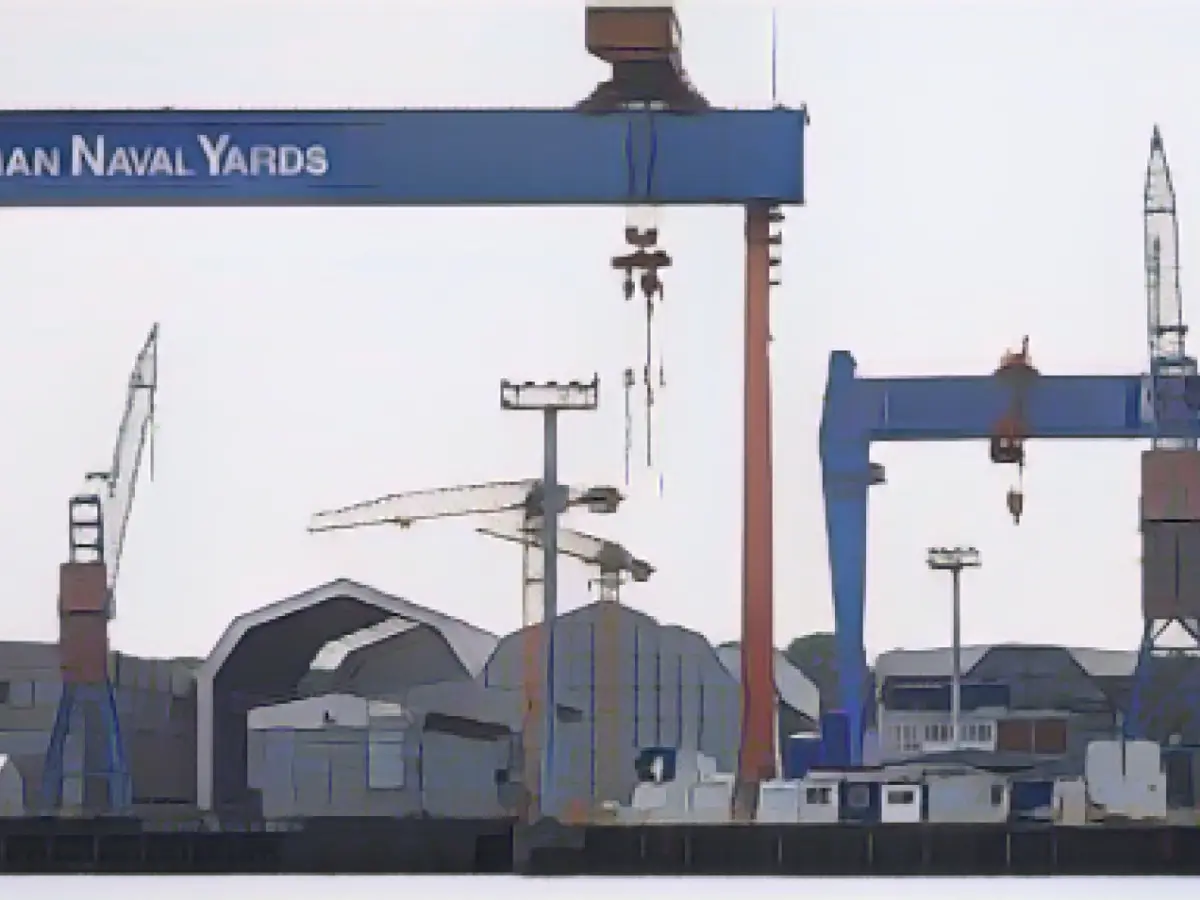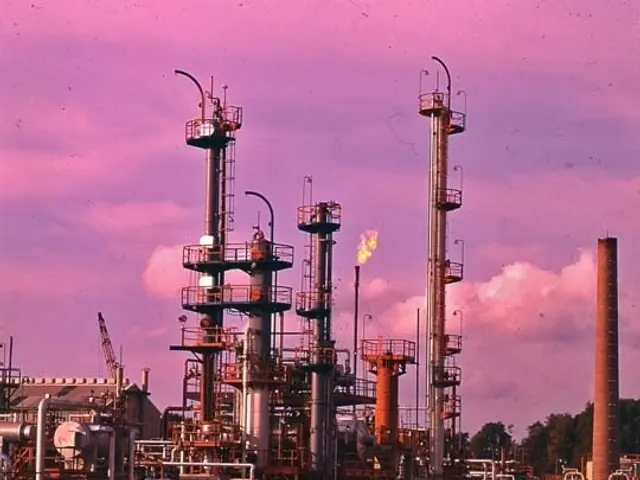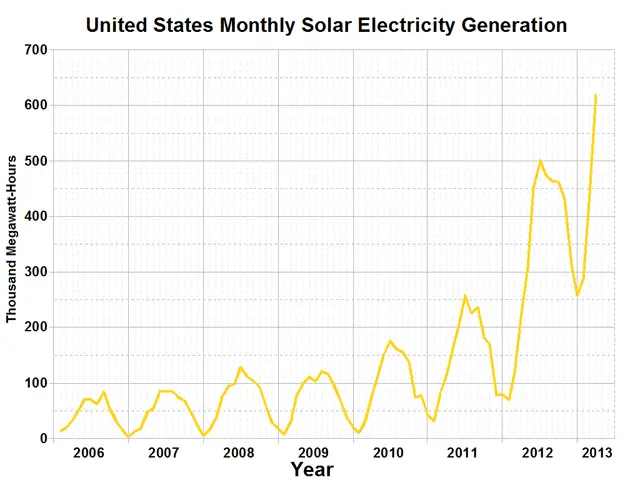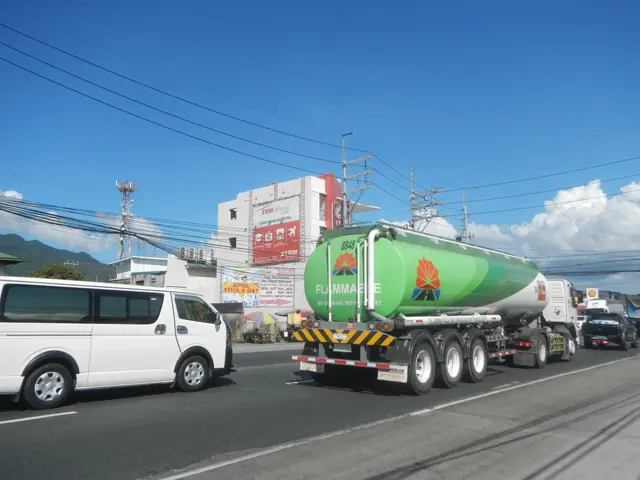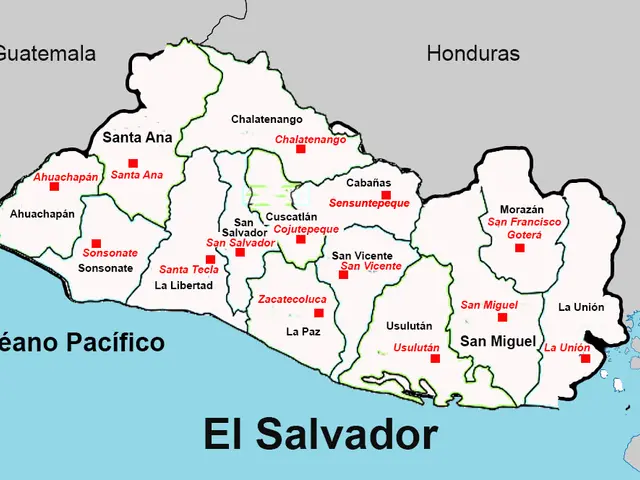Kiel Shipyard's New Venture: Tackling Converter Platform Production 🛢️⚡️
German Naval Yards, the Kiel shipyard, is eyeing a shift in focus – converter platform construction. As Rino Brugge, the managing director, announced on Thursday, "We've developed a concept for building a series of platforms here at our factory site." Aiming to double or even triple their current workforce of 400, the shipyard is seeking both partnerships and additional skilled workers to venture into series production.
Visiting the site, Claus Ruhe Madsen, Schleswig-Holstein's Minister of Economic Affairs, praised German Naval Yards' "realistic assessment of the situation" and potential to meet some of the industry's significant orders. With the German government anticipating 33 converter platforms needed for the domestic market between 2026 and 2045, worth up to €2 billion each, there's a lucrative opportunity at hand. Currently, the only large production site for such platforms is in Spain.
Andreas Burmester, Schleswig-Holstein's Maritime Coordinator, is equally optimistic about the collaboration, commenting on the potential "much more cooperation" among shipyards to "coordinate easier and more naturally."
Breaking Down the Converter Platform Concept
These converter platforms are integral components in offshore wind energy production. They collect electricity from numerous wind turbines and convert it into direct current for transmission to the coast, minimizing energy loss. Kiel's possible contribution to Germany's environmental initiatives and energy transition could significantly reduce the country's dependence on foreign production sites.
However, as we delve into the intricacies of converter platform construction, several requirements and challenges must be addressed:
Technical Expertise: - Design and Engineering - Infrastructure upgrades
Regulatory Compliance: - Stringent safety standards and regulations
Quality Control: - Consistency in production
Supply Chain Management: - Material procurement - Project management
Market Demand and Forecasting: - Predicting demand - Financial security
Technological Advancements: - Integrating sustainable practices
Workforce and Training: - Attracting and retaining skilled labor
Environmental Considerations: - Adhering to environmental standards
Logistical Challenges: - Special transportation requirements
By addressing these aspects, German Naval Yards can successfully join the converter platform manufacturing industry and help shape the future of offshore wind energy in Germany.
Sources: - - : Analyzing the requirements and challenges based on various industry reports and expert insights.
